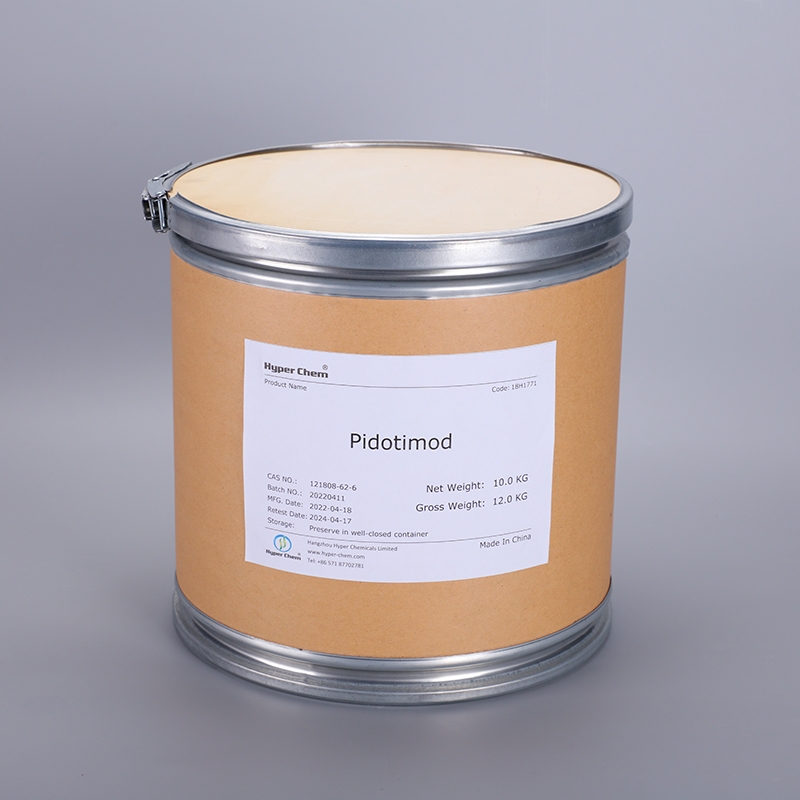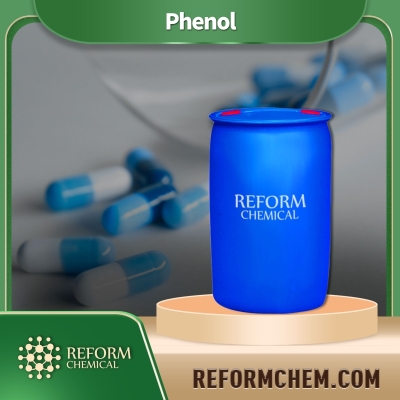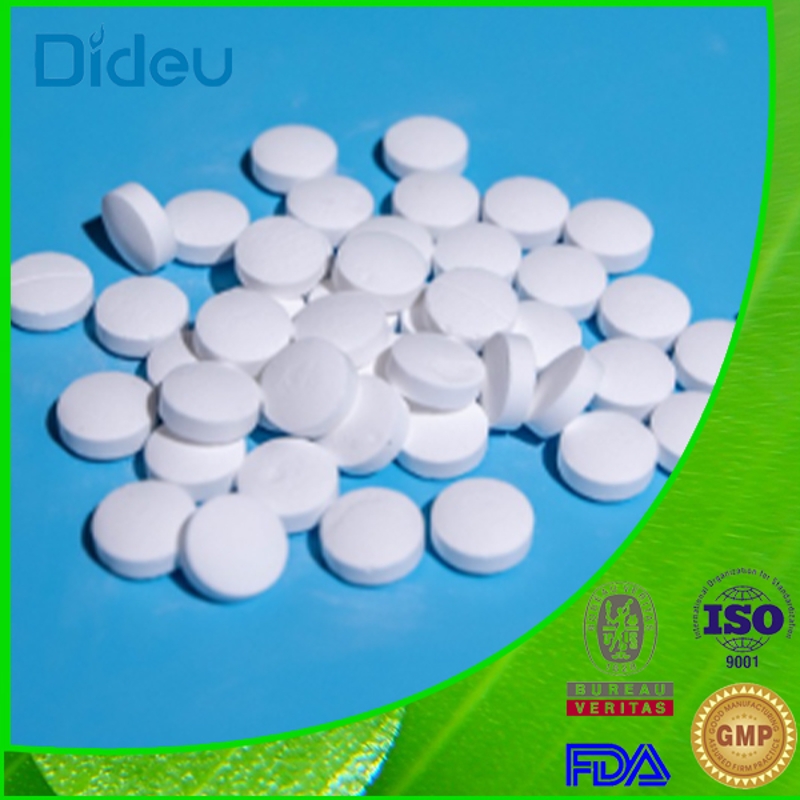-
Categories
-
Pharmaceutical Intermediates
-
Active Pharmaceutical Ingredients
-
Food Additives
- Industrial Coatings
- Agrochemicals
- Dyes and Pigments
- Surfactant
- Flavors and Fragrances
- Chemical Reagents
- Catalyst and Auxiliary
- Natural Products
- Inorganic Chemistry
-
Organic Chemistry
-
Biochemical Engineering
- Analytical Chemistry
-
Cosmetic Ingredient
- Water Treatment Chemical
-
Pharmaceutical Intermediates
Promotion
ECHEMI Mall
Wholesale
Weekly Price
Exhibition
News
-
Trade Service
Written byWang Cong
EditorWang Duoyu TypesettingShui Chengwen
On December 5, 2022, researchers from the University of Cambridge published a title titled: FXR inhibition may protect from SARS-CoV-2 in the international top academic journal Nature Research paper
on infection by reducing ACE2.
The study, which involved organoids, animal experiments, human donor organs, and human patients, showed that ursodeoxycholic acid (UDCA), a liver disease drug that has expired, can prevent new coronavirus infection.
And may have the ability to prevent infection
by future mutants of the new coronavirus.
sciencemag.
org/content/371/6531/839
EditorWang Duoyu TypesettingShui Chengwen
On December 5, 2022, researchers from the University of Cambridge published a title titled: FXR inhibition may protect from SARS-CoV-2 in the international top academic journal Nature Research paper
on infection by reducing ACE2.
The study, which involved organoids, animal experiments, human donor organs, and human patients, showed that ursodeoxycholic acid (UDCA), a liver disease drug that has expired, can prevent new coronavirus infection.
And may have the ability to prevent infection
by future mutants of the new coronavirus.
Specifically, farnesol X receptor (FXR) is a direct regulator of ACE2 transcription, and ursodeoxycholic acid (UDCA) can downregulate ACE2 expression by inhibiting FXR, thereby shutting down the new coronavirus advance The channel ACE2
into human cells.
Because the drug acts on the host cell, not the virus itself, the drug should not only protect against current coronavirus infections, but also future new mutants of the new coronavirus, as well as infection by other coronaviruses that use ACE2
.
The research team said that if further confirmed in subsequent larger clinical trials, a vital drug would be available to protect those whose
vaccines are ineffective or cannot be vaccinated.
Fotios Sampaziotis, the paper's corresponding author, said the vaccine exerts a protective effect
by boosting the immune system to recognize and clear the virus.
But vaccines aren't effective for everyone, like some with
weakened immune systems.
Vaccines are not suitable for everyone either
.
In addition, the virus is constantly mutating, resulting in less protection from
vaccines.
And this study has found a way to close the door for the new coronavirus to enter human cells, which can stop the virus from invading in the first place and protect the body from infection
.
Fotios Sampaziotis team has been studying organoids before, and in March 2021, they published a paper in the journal Science [2] to pave the way for treating liver diseases and repairing donated organs for transplantation by constructing bile duct organoids and transplanting them into the liver.
On the basis of this research, they very accidentally found that farnesol X receptor (FXR) is present in large quantities in bile duct organoids, which can directly regulate the receptor of the new coronavirus invading human cells, ACE2, effectively turning ACE2
on and off.
The research team further found that ursodeoxycholic acid (UDCA), a patented expired drug used to treat liver diseases such as primary cholangitis, can prevent the invasion of the new coronavirus by inhibiting farnesol X receptor (FXR) thereby closing the ACE2 channel
.
Next, the research team constructed organoids in the lungs and intestines, the two main organs infected with the new coronavirus, and confirmed that the above method can close the ACE2 channel
of lung organoids and intestinal organoids.
Next, the research team worked with Andrew Owen of the University of Liverpool to further confirm that ursodeoxycholic acid (UDCA) can prevent new coronavirus infection in in vitro cultured cells, and can also effectively prevent infection in hamsters exposed to the new coronavirus, which is the "gold standard" model
for preclinical research of anti-new crown drugs.
These data provide convincing evidence that UDCA can be used as a drug to prevent coronavirus infection and as a supplement
to vaccination.
Next, the research team worked with the team of Professor Andrew Fisher of Newcastle University and Professor Chris Watson of Ardenbrook Hospital, affiliated with the University of Cambridge Medical School, to further verify whether the above findings can prevent human lung infection with the new coronavirus
.
The collaborative team selected human donated lungs that were not suitable for transplantation, kept the lungs breathing outside the body through a ventilator, and used pumps to maintain their internal circulation to maintain organ function, while conducting research
.
They injected ursodeoxycholic acid (UDCA) into one lobe of the lung, exposing the entire lung to the virus
.
The results showed that the lung that injected the drug was not infected, while the other lobe was infected with the new coronavirus
.
The research team said that this research is also important for organ transplantation, because the new coronavirus can also be transmitted through transplanted organs, and this study suggests that the virus
can be cleared from organs through drugs before transplantation.
Next, the research team worked with the team of Professor Ansgar Lohse of the University of Hamburg Eppendorf Medical Center to conduct experiments in human volunteers, who recruited 8 healthy volunteers to receive ursodeoxycholic acid (UDCA) drug treatment, and the results showed that the ACE2 levels of nasal cells of the treated volunteers were reduced, which greatly reduced the possibility of new coronavirus invasion and infection of
them.
In addition, the research team compared patients who received ursodeoxycholic acid (UDCA) drugs because of liver disease or did not receive the drug, and the results showed that patients who received the drug were less
likely to develop severe disease or be hospitalized.
Fotios Sampaziotis, the paper's corresponding author, said ursodeoxycholic acid (UDCA) could be an affordable, effective way to protect those whose
vaccines are ineffective or unable to be vaccinated.
UDCA has been used clinically for many years and its safety and tolerability are good
.
And, because the patent has expired and can be produced quickly, in large quantities, and at low cost, the drug is also easy to store and transport, allowing for rapid deployment
in the event of an outbreak.
In particular, the drug can also prevent new mutant strains of the new coronavirus that may appear in the future, which may become an important weapon
for us to fight the new crown pandemic.
sciencemag.
org/content/371/6531/839







